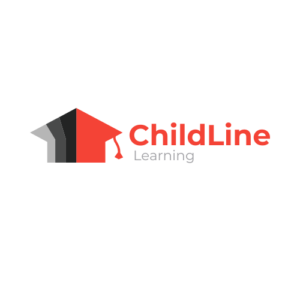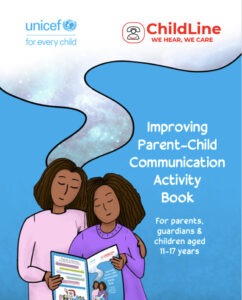What is Domestic Violence?
In Trinidad and Tobago ,according to the Domestic Violence Act, 1999 “domestic violence” includes physical, sexual, emotional or psychological or financial abuse committed by a person against a spouse, child, any other person who is a member of the household, or dependant.
Types of Abuse that qualify as Domestic Violence
- Physical Abuse means any act or omission which causes physical injury.
- Sexual Abuse includes sexual contact of any kind that uses force or threat of force, that is sexual contact against the persons will.
- Emotional or Psychological Abuse means a pattern of behaviour which is intended to hurt the emotional or mental well-being of a person including:
- persistent use of abusive or threatening language to scare the person
- persistently following of the person from place to place
- not allowing the person to use his/her own property
- watching or harassing the person at the place where they live, work, go to school, conduct any business or just happens to be
- interfering with or damaging the property of the person
- restricting the person’s movement
- constantly calling the person at home or at work
- making unwelcome and repeated contact with a child or elderly relative of the person with the intent to harass or cause fear.
- Financial Abuse means exercising control over the person’s money or limiting them from accessing money so that they become dependent on the abuser for money.
What Can You Do In A Situation of Domestic Violence?
Tell an adult you know and trust about the domestic violence. It could be a family member, a neighbour, a teacher, a guidance officer, or someone else who cares about your well-being. An adult family member, police officer or social worker can apply for a Protection Order on your behalf.
Applying for a Protection Order
A Protection Order is a direction given by the Courts, ordering the abuser to stop the domestic violence and/or stay away from those members of the family protected by the Protection Order.
Are children Protected by Protection Orders?
YES! A Child…
- of the abuser
- of the spouse/partner of the abuser
- whose guardian is the abuser
- whose guardian is the spouse/partner of the abuser
- who is or has been a member of the household where the abuse is taking place







